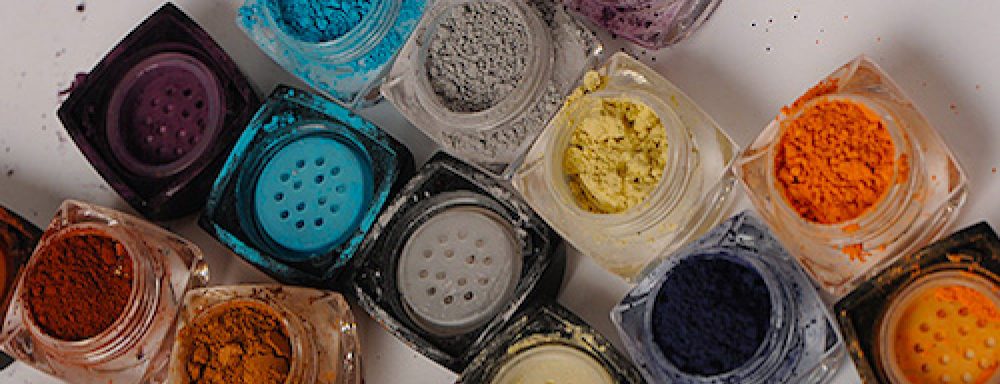Your TAs will run this class on reading and studying habits. Here’s what you need to do in preparation:
FYS 10/18/2017 homework
Bring in your method for organizing what you need to do. For example: assignment notebook, syllabus calendar, etc.
Make sure to bring a hard copy of your answers (it doesn’t have to be typed just not on a device)
1) How do you decide what order to work on things and how much time to commit to them?
2) How do you take notes for your classes? Does it differ by class? How do you decide what to write down?
3) How do you annotate your readings?
4) How do you make sure that you’re prepared for class?
